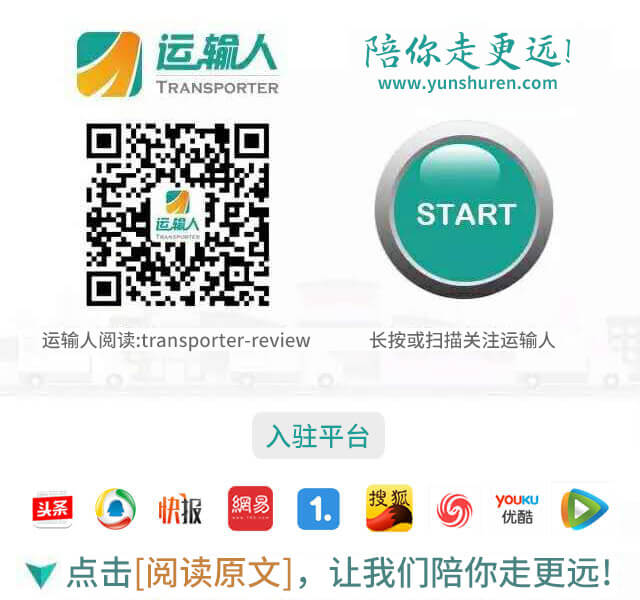A few days ago, the State Council issued a notice on the Action Program to Promote Large-Scale Equipment Renewal and Consumer Goods Trade-in (referred to as the "Action Program"), which calls for integrating the expansion of domestic demand and deepening the supply-side structural reform, implementing four major actions of equipment renewal, consumer goods trade-in, recovery and recycling, and standard enhancement, and defining 20 key tasks in five areas. The Action Program supports the renewal of transportation equipment, and by 2027, the scale of investment in equipment in transportation and other fields will increase by more than 25 per cent compared with 2023.

The Action Program specifies that it will continue to promote the electrification replacement of urban buses, support the replacement of old new energy buses and power batteries; accelerate the elimination of diesel trucks of national three and below emission standards for operation, and strengthen the capacity of industrialization of electric, hydrogen and other green aviation equipment; accelerate the scrapping and renewal of old ships with high energy consumption and high emissions, strongly support the development of new energy-powered ships, improve the supporting new energy-powered ships It will accelerate the scrapping and renewal of old ships with high energy consumption and high emissions, strongly support the development of new energy-powered ships, improve the supporting infrastructure and standards for new energy-powered ships, and gradually expand the scope of application of new energy-powered ships such as those powered by electric power, liquefied natural gas, biodiesel and green methanol.
The Action Plan proposes to carry out automobile trade-in, increase policy support, smooth circulation blockages, and promote automobile laddering and renewal consumption; organize and carry out national automobile trade-in promotional activities, encourage automobile manufacturers and sales enterprises to carry out promotional activities, and guide the industry to compete in an orderly manner; strictly implement the provisions of mandatory retirement standards for motor vehicles and the safety and environmental protection inspection standards for vehicles, and phase out old automobiles in compliance with the mandatory retirement standards in accordance with laws and regulations. Strictly implementing the provisions on mandatory scrapping standards for motor vehicles and vehicle safety and environmental protection inspection standards, and eliminating, in accordance with the law and regulations, old automobiles that meet the mandatory scrapping standards; optimizing measures to restrict automobile purchases in accordance with local conditions, and promoting the construction of an interactive system of information on the management of the entire life cycle of automobile use.

